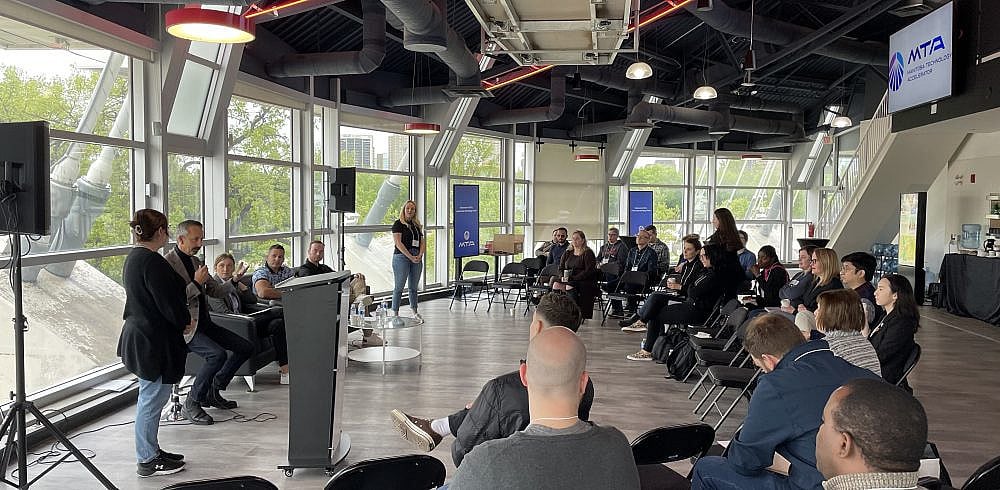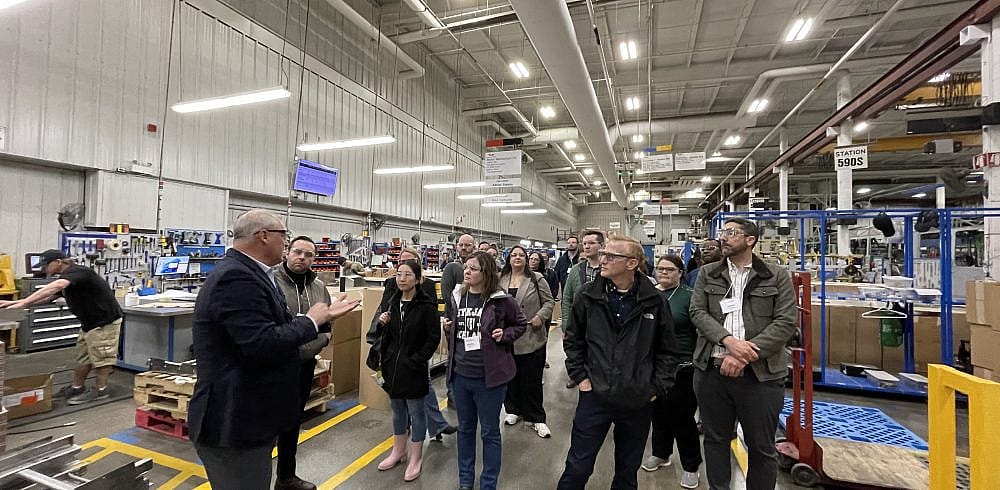Change has been forced upon us by the pandemic and it continues to push us to adjust our path. The idea for this blog titled, Your Chair in Your Community, came from the fact that in a typical year members that go to events, get to connect with our board chair personally and since we don’t have in-person events, Shreeraj wanted to connect in a different way. We hope this blog will give you an inside look at the work Shreeraj is doing each month to better serve you– the Winnipeg business community.
Suiting up for 2021
Happy New Year, Winnipeg. In 2020, significant voices were added to the choir who have stood up and challenged the systemic practices of racism, transphobia, homophobia, misogyny, and all forms of exclusion that have been woven into the social and economic fabric of our communities, country and world. We have also seen in recent weeks south of the border at how, by doing nothing, others feel emboldened to stomp on the heart of democracy, inclusion, and human decency.
From the #MeToo movement to Idle No More to #BlackLivesMatter, I have been humbled by this new consciousness that has reminded me that I need to continue to open my eyes and ears even wider (and close my mouth more often) to better understand the lived experiences of others. My sons will tell me that we need to stay woke– to be aware of the injustices that create uneven obstacles for others in our community. We need to be tireless in challenging our own unconscious biases while seeking out the stories of others who are facing these inequitable obstacles.
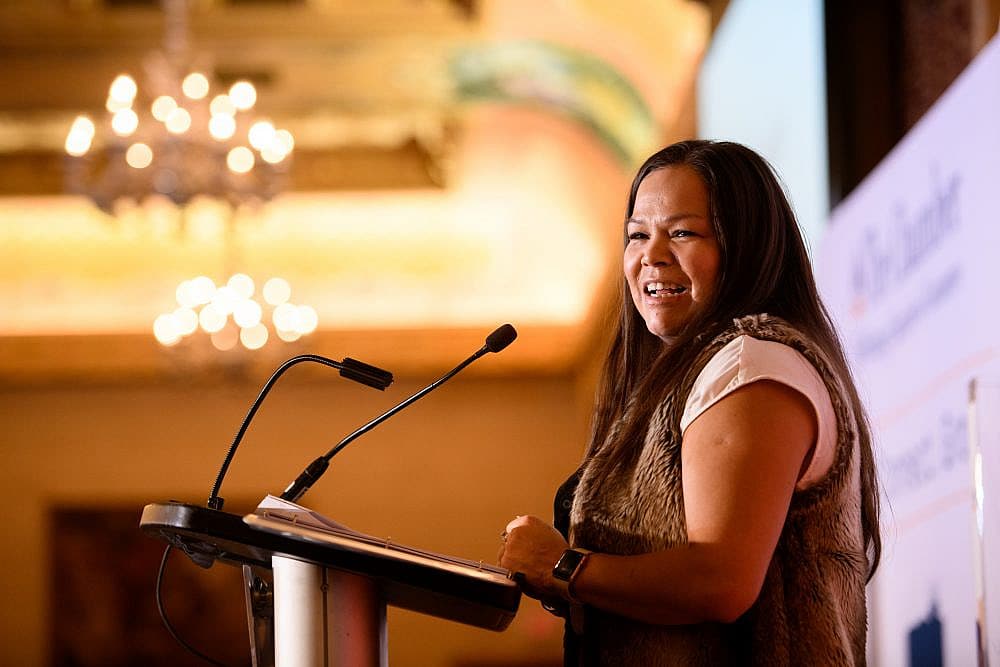
Photography by Mike Sudoma
The Truth and Reconciliation Roadmap introduced and championed by my predecessor Jessica Dumas has been such a powerful catalyst for my learning. And yet, it is through the many lessons that Jessica has gifted to me, I have begun to learn just how much more I still have to learn.
That is why over the holiday season, I invested further in my learning journey on reconciliation. In one particular podcast, retiring Senator Murray Sinclair shared that “Reconciliation is not a spectator sport. You have to become involved. You have to be engaged and people have not yet embraced that idea.” I am learning what it means to suit up and get in the game and I look forward to sharing that journey in the months ahead. I also completed a transformational course offered through the First Nations University of Canada titled “Four Seasons of Reconciliation”. This module course has furthered my understanding of the history, economic participation, contributions, and realities of Indigenous people.
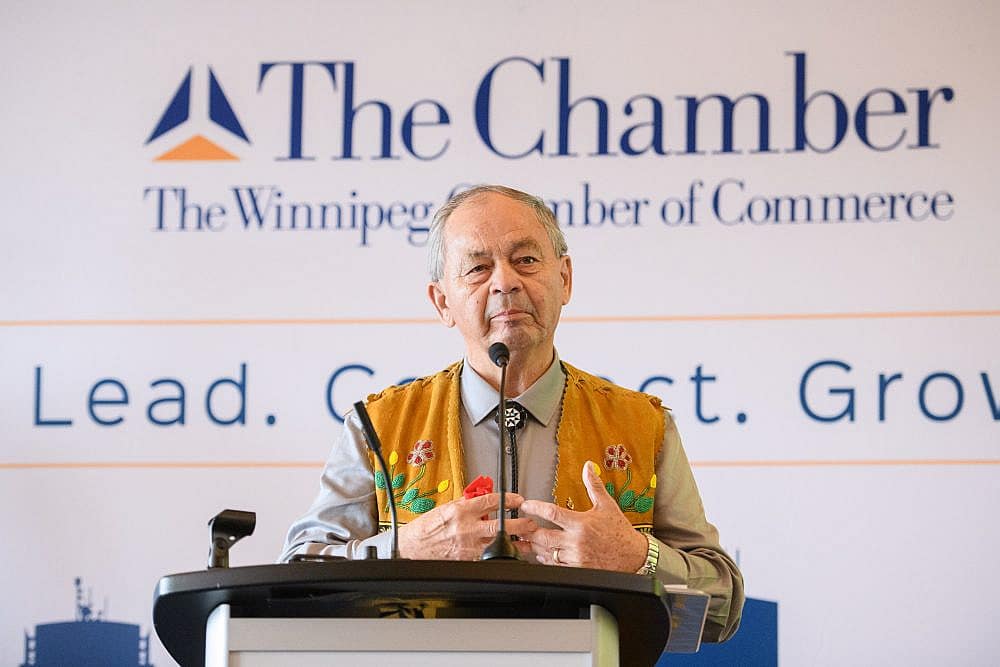
Photography by Mike Sudoma
The Truth and Reconciliation Commission (TRC) final report was released five years ago – and there is so much more I need to do with it and learn from it. An important objective of the TRC was to create a national memory of the intergenerational trauma introduced by residential schools in Canada. What I can’t do is pretend I fully understand the experiences of Indigenous people, but as a father and member of the non-indigenous community, what I can do is help connect people to these voices and stories to ensure they are heard time and again.
I am learning what it means to answer the call made under Call to Action #92 of the Truth and Reconciliation Commission’s final report which asks the business community to do (but not be limited by) the following:
- Commit to meaningful consultation, building respectful relationships, and obtaining the free, prior, and informed consent of Indigenous peoples before proceeding with economic development projects.
- Ensure that Aboriginal peoples have equitable access to jobs, training, and education opportunities in the corporate sector, and that Aboriginal communities gain long-term sustainable benefits from economic development projects.
- Provide education for management and staff on the history of Aboriginal peoples, including the history and legacy of residential schools, the United Nations Declaration on the Rights of Indigenous Peoples, Treaties and Aboriginal rights, Indigenous law, and Aboriginal–Crown relations. This will require skills-based training in intercultural competency, conflict resolution, human rights, and anti-racism.
I’m taking responsibility for my role in reconciling my place in the critical conversation on systemic racism. But instead of feeling overwhelmed, frustrated, or disappointed, I am feeling more enabled, engaged, and empowered by opening myself up to the stories of others. I feel fortunate that we in Winnipeg have both the Canadian Museum for Human Rights and the National Centre for Truth and Reconciliation as beacons right here in our own city to help guide us.
Not until we have a community and an economy that welcomes everyone to participate fully and equally, will we truly understand what it means to thrive as a city and what prosperity can look like as a business community. I am still learning just as I know many of us are across our community. Reconciliation is a journey and not a destination. It also isn’t easy. We won’t always get it right but we will ask for forgiveness and promise to learn from those missteps.
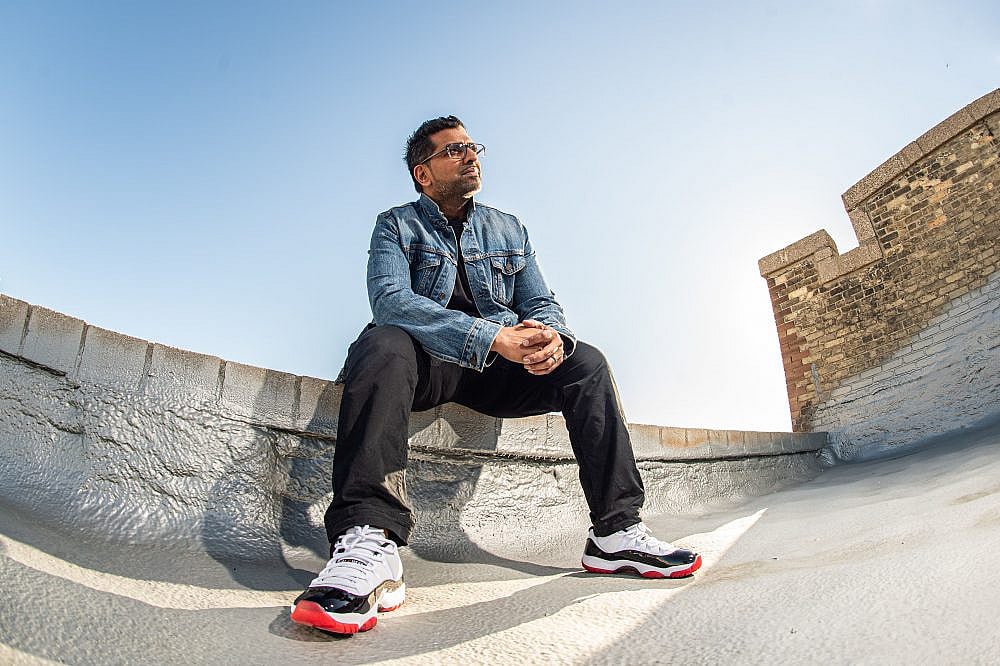
Share with us how you are getting in the game. How are you choosing to learn, grow, and advocate for greater equity in your community and business in 2021? What do you need to step forward?
To our members, as you and your organization embark on your journey of truth telling, truth learning, and reconciliation – please know we’re here to support you. This is about doing what’s right and it is also about recognizing that it makes great business sense to do so.
–Board Chair, Shreeraj Patel
CLICK HERE to read our Truth and Reconciliation Roadmap to take action today!

